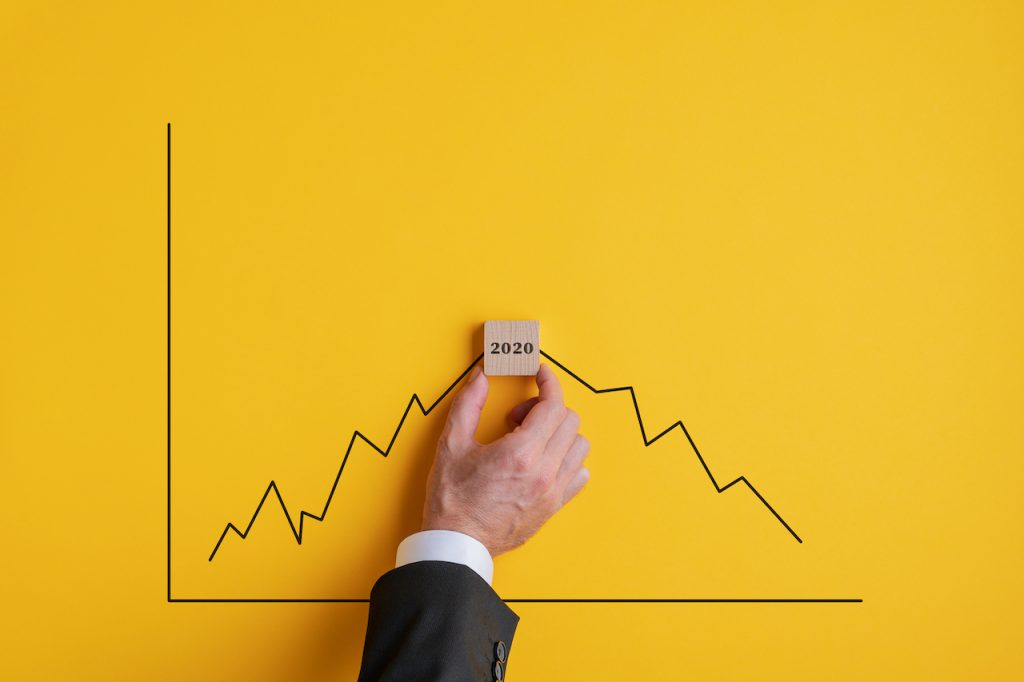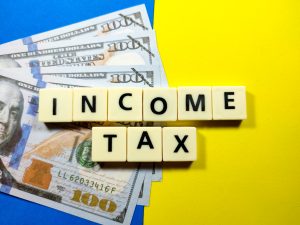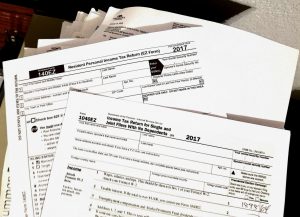An economic recession is a significant decline in economic activity spread throughout the economy, lasting more than a few months. It is visible in industrial production, employment, real income, and wholesale-retail trade. The technical indicator of a recession is two consecutive quarters of negative economic growth measured by a country’s gross domestic product (GDP).
What is an economic recession
Recessions usually occur when there is a widespread drop in spending. This can be triggered by various events, such as rising unemployment or interest rates, oil price shocks, financial crises caused by excessive speculation, or even natural disasters. During recessions, consumer confidence declines, and businesses hesitate to invest due to uncertainty about future market conditions.
When an economy goes into recession, it can have a domino effect. Businesses suffer layoffs and sales reductions, leading to increased unemployment. As people lose their jobs, they cannot consume as much, leading to a further decline in economic activity. This leads to decreased investment and production, resulting in more job losses and lower production levels.
Ways to combat recessions
Fortunately, there are ways to combat recessions and help the economy recover more quickly. The government can implement fiscal stimulus measures, such as tax cuts or spending increases, that encourage businesses to invest and create jobs. Easing monetary policy by lowering interest rates allows companies to borrow money at a lower cost to make investments during the recessionary period. Governments can also provide financial assistance, such as unemployment benefits and loan guarantees, to affected individuals or companies in difficulty.
Finally, individuals can also take steps to protect themselves during a recession. It is essential to save money and plan for the future by building an emergency fund. Diversifying investment portfolios in different asset classes and reducing indebtedness can also help reduce economic risks. Finally, investing in education or training can ensure that people are prepared to take advantage of opportunities when the economy recovers.
Recessions can be painful, but with careful planning and government intervention, they will eventually pass. The best thing we can do is prepare as individuals and develop strategies that will allow us to weather the storm while taking advantage of any opportunities created by the recovery. By understanding what triggers recessions, preparing ourselves financially, and being proactive in our approach, we can help ensure a more prosperous future.
Recessions are a natural part of the economic cycle, and all economies will experience them at some point. By understanding what causes them and taking steps to protect ourselves as individuals and organizations, we can help mitigate the effects of recessionary periods and ensure that our economies remain strong over the long term.
Visit www.jimenezconsultingandtaxservices.com for more information.



